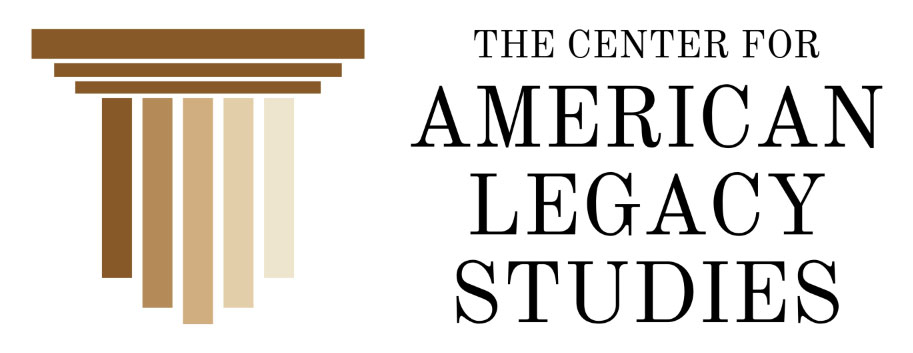“The only reliable basis for sound government and just human relations is Natural Law.” -Cleon Skousen in The 5,000 Year Leap
Any scientist will agree that the basic concept of natural law is a simple acknowledgment of the laws that govern the universe, e.g. gravity, centrifugal force, hydraulics etc. These laws are absolute and unchanging.
We send astronauts into space and divers into the deep; their fragile lives clinging to demonstrated certainty of applied natural laws. When accidents happen and people die, it is because natural laws have been violated. It is pretty cut and dried.
There are other natural laws besides those of the physical world. There are social and political natural laws — sometimes called human nature — and they are just as predictable and unforgiving as physical natural laws. Unfortunately, humanity spends little time and effort on understanding and applying the social and political laws compared to the physical.
History is our witness that we dedicate little effort to the study and treatment of these powerful laws, evinced by our almost dogged determination to violate them over and over again.
SCHOLARSHIPS AVAILABLE – APPLY TO MONTICELLO COLLEGE TODAY
For instance, when congress passes laws that have short-term benefits but long-term harm, why are we all so surprised at the outcome? Frederic Bastiat wrote on this topic extensively in his Essays on Political Economy, where he points out that without an understanding of social and political laws, legislation is a hopeless venture at political Russian roulette.
During the founding period, American statesmen, almost in mass, studied these laws with a hunger and determination that has not been equaled (see The Federalist Papers and the Anti-Federalist Papers).
They discovered the secret of identifying and following these social and political principles and incorporated them into the American philosophy, culture and system of government which has served us well for more than the 233 years, although I fear that we may have been living on borrowed time for the last few decades.
Clearly, a refresher course is in order.
One of the strongest proponents of the concept of natural law was the Roman Consul Marcus Tullius Cicero (106-43 B.C.). He lived at a time when the Roman Republic was fast drifting towards the Roman Empire. He was a fearless defender of republican values in the face of tyranny.
Cicero called natural law “true law, right reason in agreement with nature” and, although technically a pagan, he had strong views about deity.
Cicero’s first rule of natural law is that there is a creator or Supreme Being. Cicero made this clear when he said,
“The animal which we call man…has been given a certain distinguished status by the Supreme God who created him; for he is the only one among so many different kinds and varieties of living beings who has a share of reason and thought, while all the rest are deprived of it.”
His next rule of natural law is that it is unchangeable. Cicero said that God being eternal, must use laws that are eternal, unchangeable. This being true, regardless any dispute to the contrary, happiness can then be defined as living in harmony with those laws.
Rule number three is that, try as we may through passive disregard, or active legislation, we cannot free ourselves from our obligations to natural law nor do we need an external expounder or interpreter for it. The operation manual is written on our hearts if we will but take the time to search for it.
Concerning misguided legislation, Cicero wrote:
“But the most foolish notion of all is the belief that everything is just which is found in the customs or laws of nations…What of the many deadly, the many pestilential statues which nations put in force? These no more deserve to be called laws than the rules a band of robbers might pass in their assembly. For if ignorant and unskillful men have prescribed deadly poisons instead of healing drugs, these can not possible be called physician’s prescriptions; neither in a nation can a statute of any sort be called a law, even though the nation, in spite of being a ruinous regulation has accepted it.”
Natural law is the primary building block of freedom. Without it, freedom can only be an unrealized dream.

2 Responses
Thanks for this post. Regrettably, we ignore the obvious. In our day, “truth is what you choose to believe,” to our peril, as you know all too well.
Have you written anything on affluence? It is my observation that we are unable to live with it.
Daniel,
I agree. I have not written on affluence but I an sure it is tough to live in affluence and be real.